
In a world that never sleeps, where Zoom meetings and social media are on a constant loop, we’ve all suffered from overstimulation. It’s like life’s background noise has been cranked up to 11. But fret not, because today we’re diving into the art of dialing down the chaos and finding some semblance of peace.
Overstimulation, according to a recent survey, affects a staggering 82% of Americans. (1) And let’s not forget our Gen Z and millennial pals, with over 90% of them feeling it in social situations. Blame it on the cozy pandemic cocoon we were in for so long, especially that work-from-home situation, which turned several of us into amateur hermits. But while our bodies have pretty much acclimated to the outside world once again, our brains believe it or not are still catching up.

So what exactly is overstimulation? It’s like ordering too many dishes at a restaurant, and your brain can’t handle the feast. The symptoms are universal–crankiness, exhaustion, and sometimes those not-so-pleasant outbursts. But everyone experiences it in their own unique way. Imagine being at a concert with lights flashing and music blaring. Suddenly, you feel like a deer in the headlight, looking for the nearest escape route. That’s sensory overstimulation for you, it’s just way…too…much.
Or maybe your to-do list is the size of a small novel, and you’re trying to process it all at once. Cue anxiety and irritability. Productivity? It’s taking a nosedive. Welcome to cognitive overstimulation. And then there’s the emotional rollercoaster. Maybe it’s an intense argument or a traumatic event, and you’re struggling to keep up with all the feelings. That’s emotional overstimulation, draining you both mentally and physically. (2)
The result from all or any of these? Your body’s “fight or flight” mode kicks in, releasing stress hormones and skyrocketing your heart rate. It’s a recipe for anxiety, fatigue, distress, and a scary ride down the emotional elevator. People with ADHD, OCD, PTSD, and anxiety are more susceptible to sensory overload due to their brain wiring.
- ADHD people already struggle with filtering out the irrelevant stuff.
- OCD people get hit with more intrusive thoughts and compulsive behaviors.
- PTSD can trigger past sensory overload.
- Anxiety brings racing thoughts, catastrophe, and physical tension to the mix.

The hustle and bustle of the holiday season can easily accelerate all of these feelings and emotions. In order to keep them in check and prevent you from running off the rails, there are some great tips and tricks to help combat the stress of the holidays!
- Cool down your system: Stick your head under cold water or grab an ice cube in a pinch. It’s like an all-natural valium for your body, slowing your heart and respiratory rates.
- Quick Physical Activity: Skip the leisurely stroll and go for a sprint. It helps release pent-up energy and changes your physiological response to distress. You don’t need to run a marathon, just a few minutes of jumping jacks, squats, or burpees will help. (3)
- 4-7-8 Breathing: Inhale for four, hold for seven, exhale for eight. It’s like hitting the brakes on your heart rate. Practice it regularly, and you’ll be ready to rock when holiday overstimulation hits.
- Activate all your senses: Practice mindfulness. Tune into your five senses to calm down. It's like hitting the reset on your brain.
- Keep your hands busy: Fidget spinners, stress balls, sensory rings–these are your friends when overstimulation comes knocking.
- Chew gum: Chewing gum can help focus your senses and lower stress levels, so chew away!
- Take a breather
- Know your limits and step away when needed. It’s okay to tell someone, “I need a minute” or schedule short self-care breaks throughout the day.

In the end, if overstimulation becomes a constant companion even outside the holidays, don’t hesitate to seek help from a mental health specialist. They’ll guide you to find the best strategies to cope with this overstimulating world. In the meantime, take a breath, relax, and remember, you’ve got this!
Sources:
- https://blog.bitsandpieces.com/blog/overstimulation-survey
- https://www.helpguide.org/articles/ptsd-trauma/coping-with-emotional-and-psychological-trauma.htm
- https://www.themanual.com/fitness/benefits-of-jumping-jacks/#:~:text=Like%20most%20exercises%2C%20jumping%20jacks,and%20reduce%20stress%20and%20tension



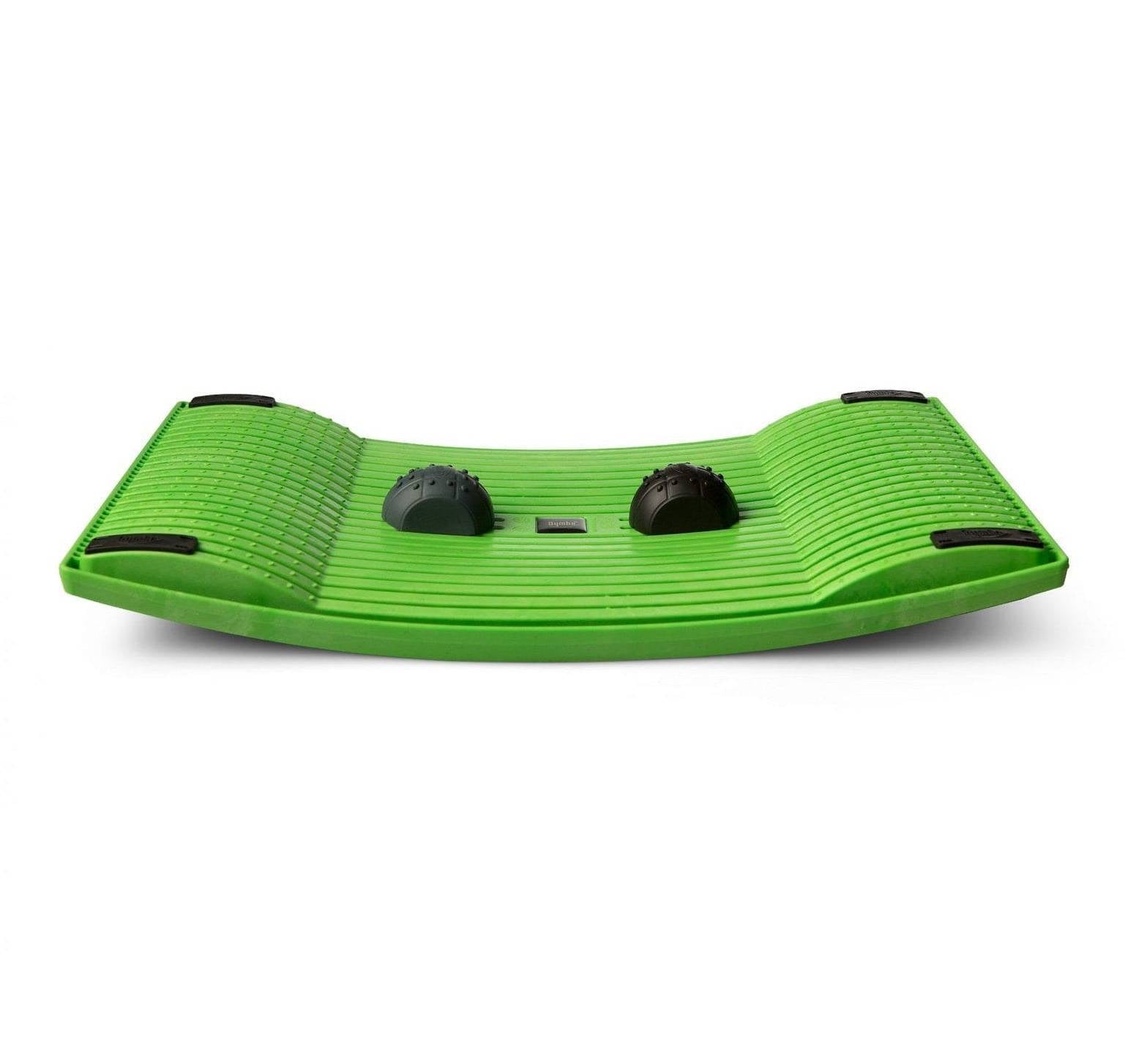
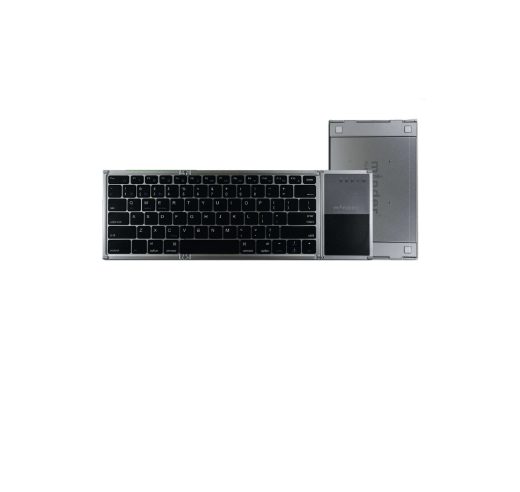
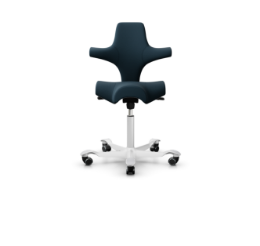
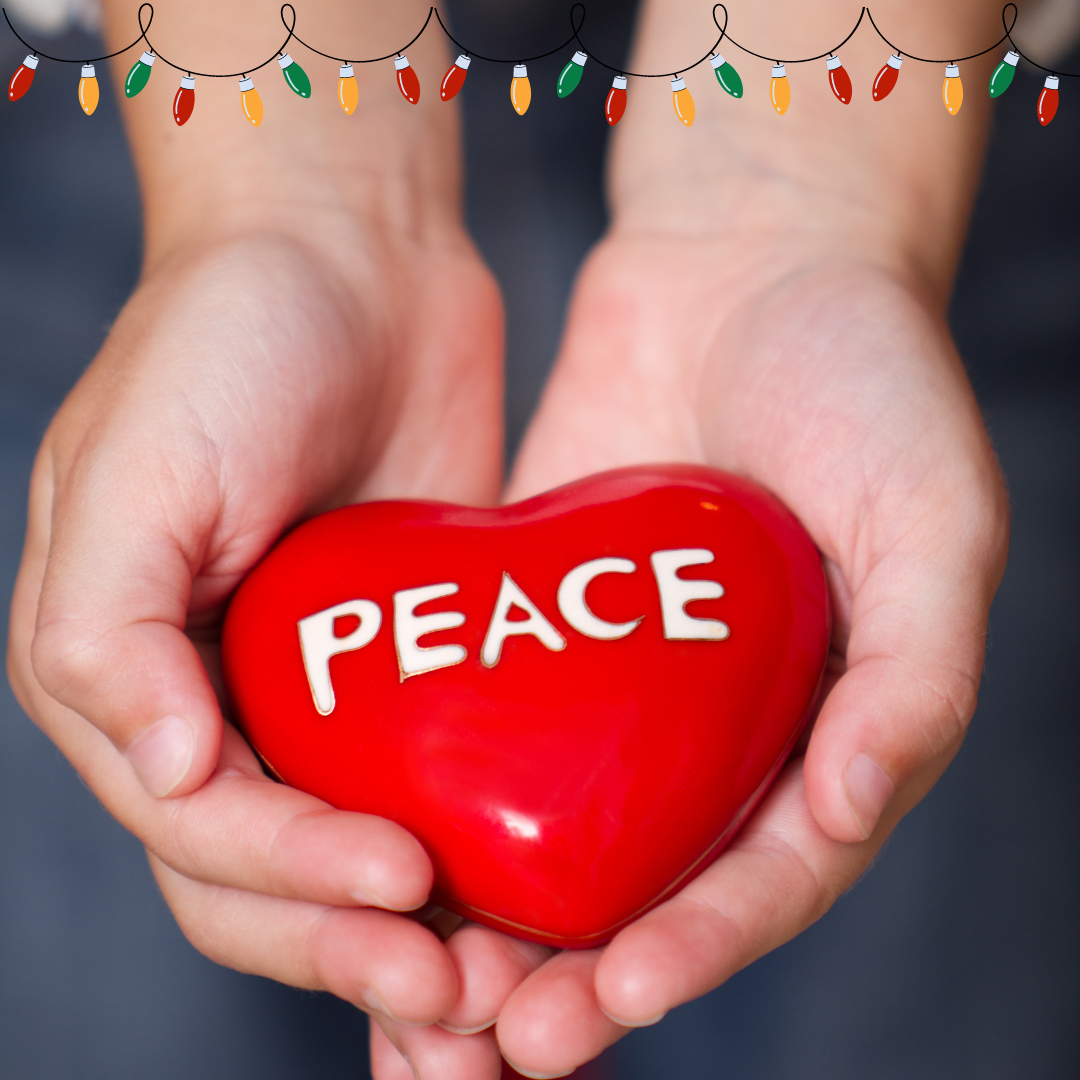
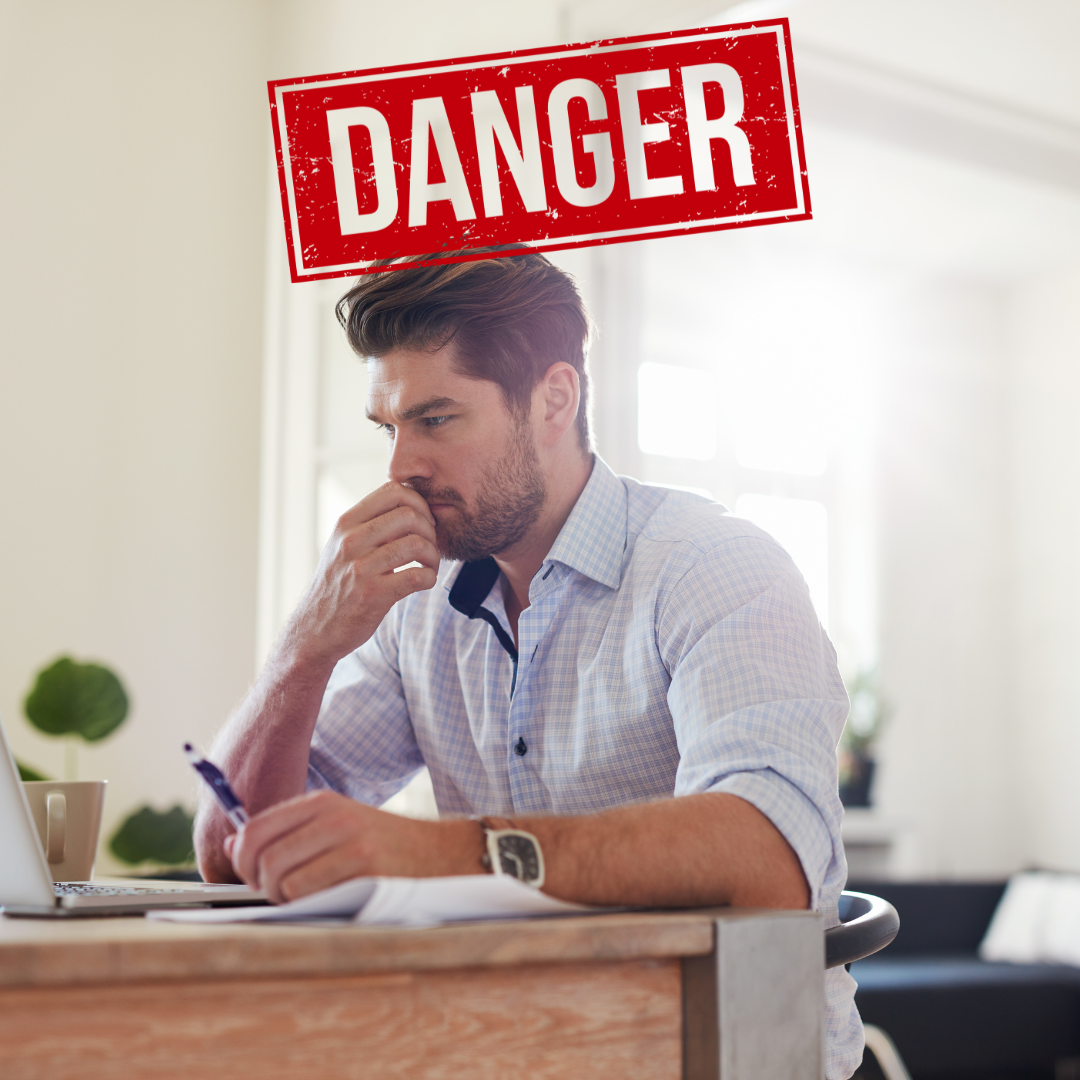
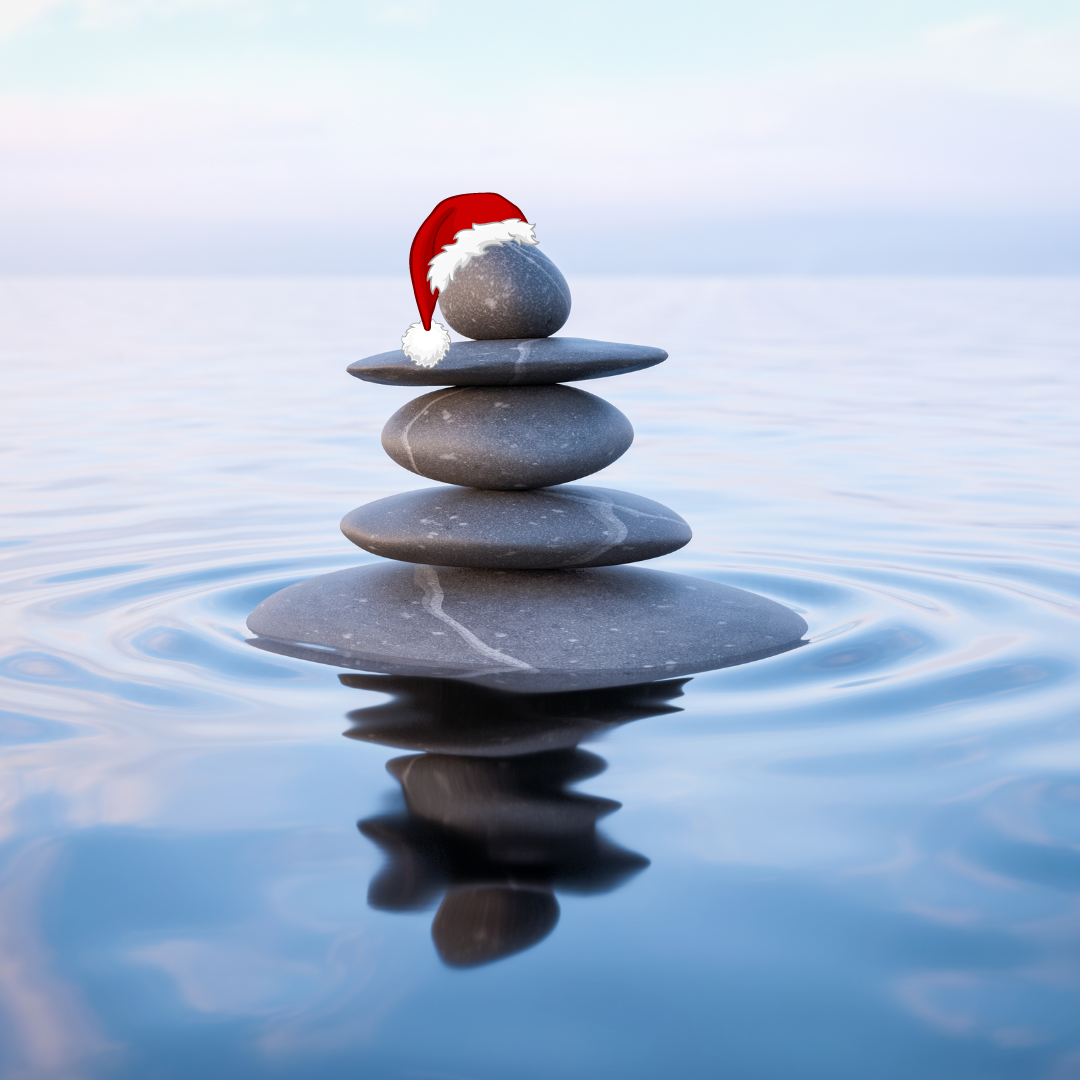
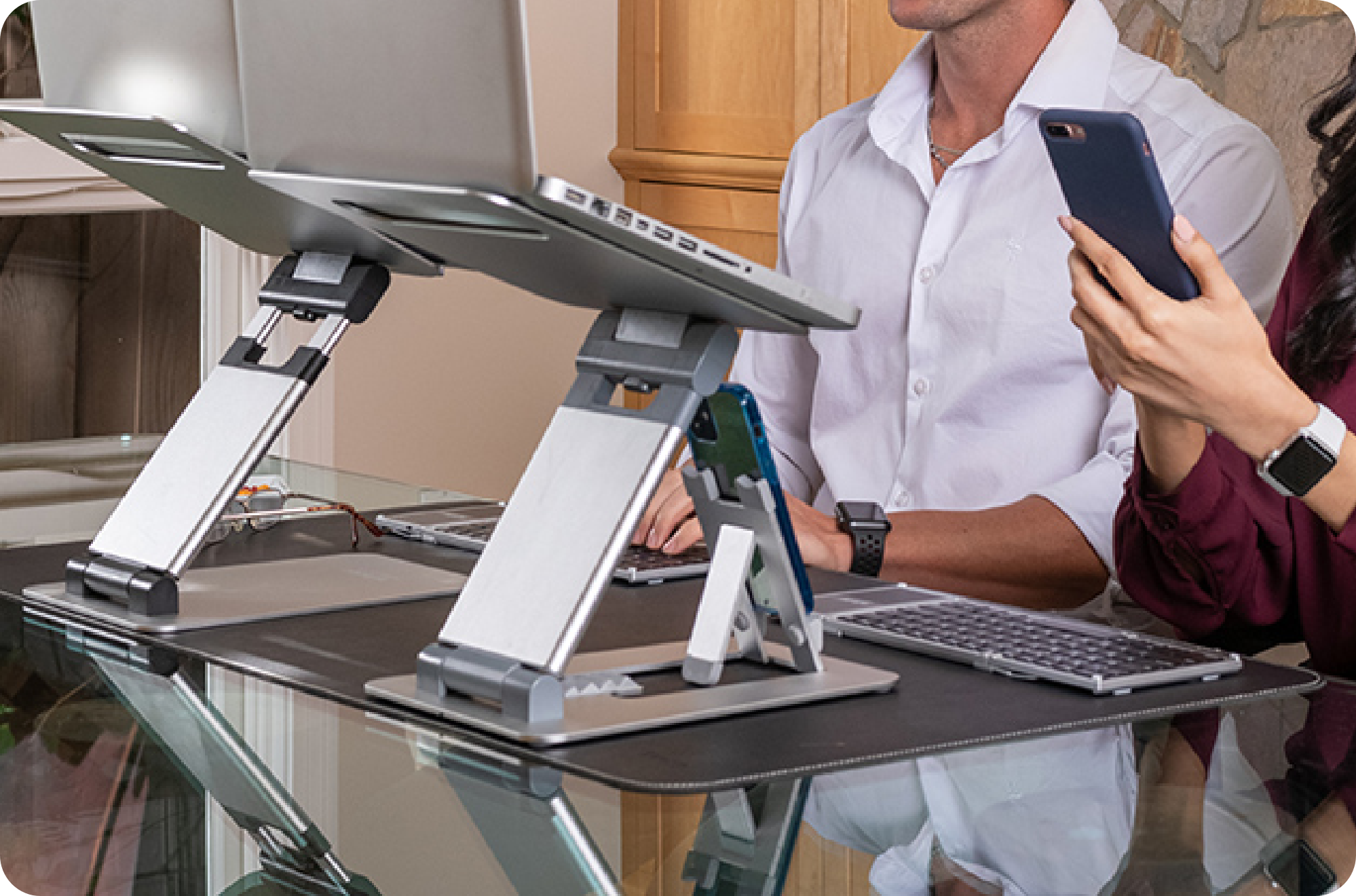
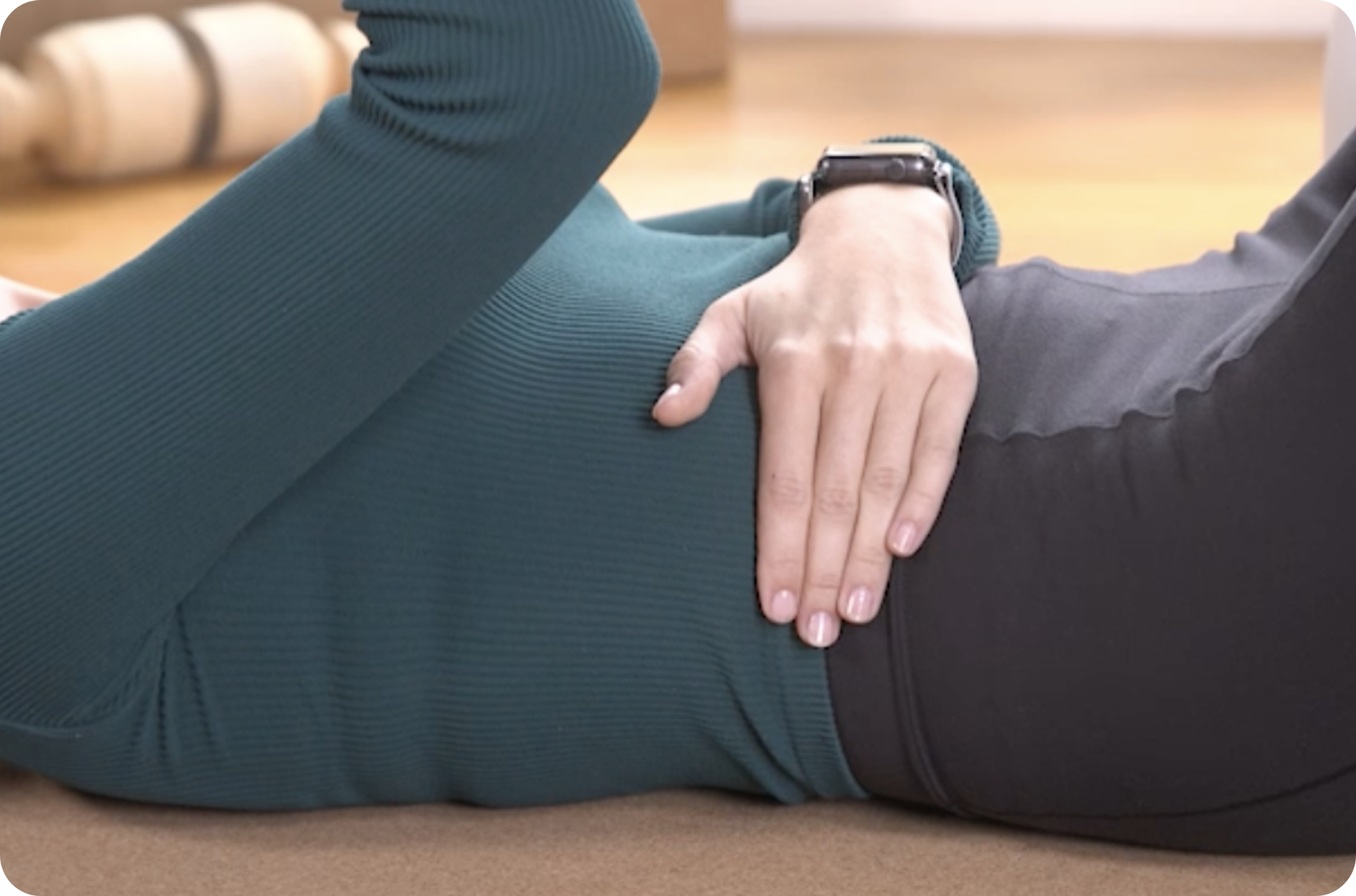



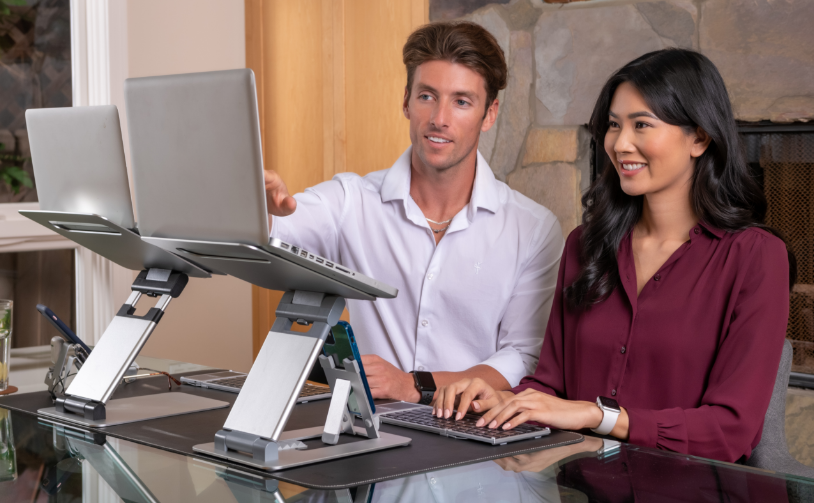
Leave a comment
All comments are moderated before being published.
This site is protected by hCaptcha and the hCaptcha Privacy Policy and Terms of Service apply.